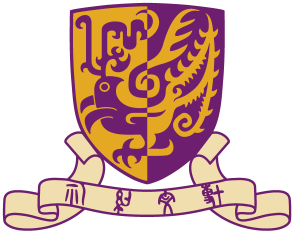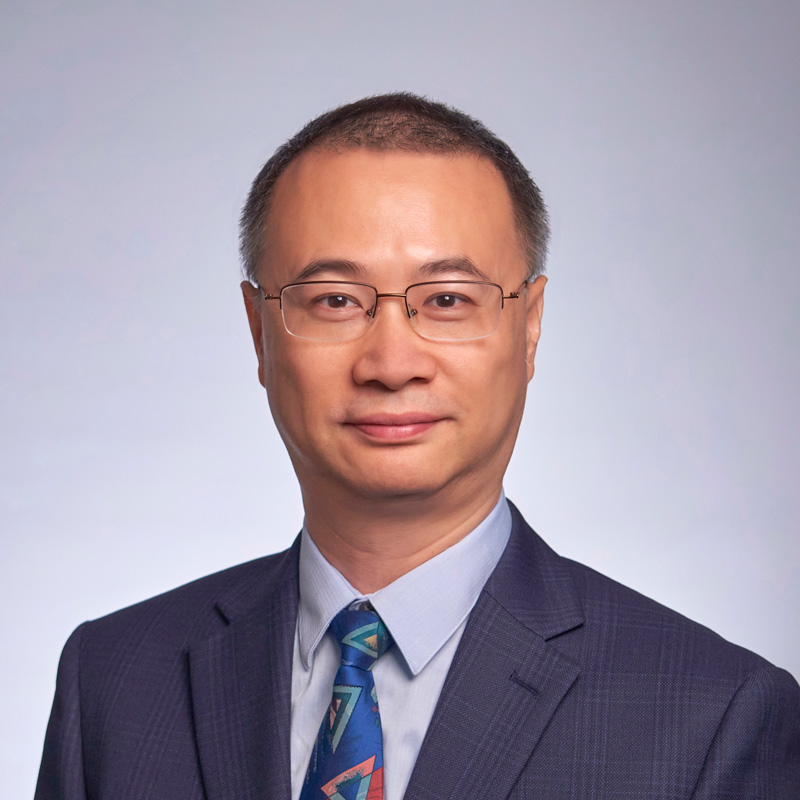LIN Xiaojun 林曉俊教授
Global STEM Scholar
Xiaojun Lin received his B.S. degree in Electronics and Information Systems from Zhongshan University, Guangzhou, China, in 1994, and his M.S. and Ph.D. degrees in Electrical and Computer Engineering from Purdue University in 2000 and 2005, respectively. He joined the faculty of School of Electrical and Computer Engineering, Purdue University, as an Assistant Professor in August 2005, and later became a professor in 2017. In June 2023, he joined the Department of Information Engineering, Chinese University of Hong Kong, as a Professor and Global STEM Scholar. Xiaojun’s research focus is on the fundamental problems in machine learning and networking. He has contributed to the analysis, learning and control of large and complex networked systems, including both communication networks and cyber-physical systems (such as the smart power grid).
Xiaojun is a Fellow of IEEE. He received the ACM e-Energy 2022 best paper award, ACM MobiHoc 2021 best paper award, IEEE INFOCOM 2008 best paper award and 2005 best paper of the year award from Journal of Communications and Networks. His papers were also the finalists for the best-paper award at IEEE INFOCOM 2005, ACM e-Energy 2018, and IEEE SmartGridComm 2020. He received the NSF CAREER award in 2007. He was the Workshop co-chair for IEEE GLOBECOM 2007, the Panel co-chair for WICON 2008, the TPC co-chair for ACM MobiHoc 2009, the Mini-Conference co-chair for IEEE INFOCOM 2012, the Workshop chair for WiOpt 2014, the Publication chair for WiOpt 2016 and 2022, and the General co-chair for ACM e-Energy 2019. He has served as an Associate Editor for IEEE/ACM Transactions on Networking and an Area Editor for (Elsevier) Computer Networks journal, and as a Guest Editor for (Elsevier) Ad Hoc Networks journal.




